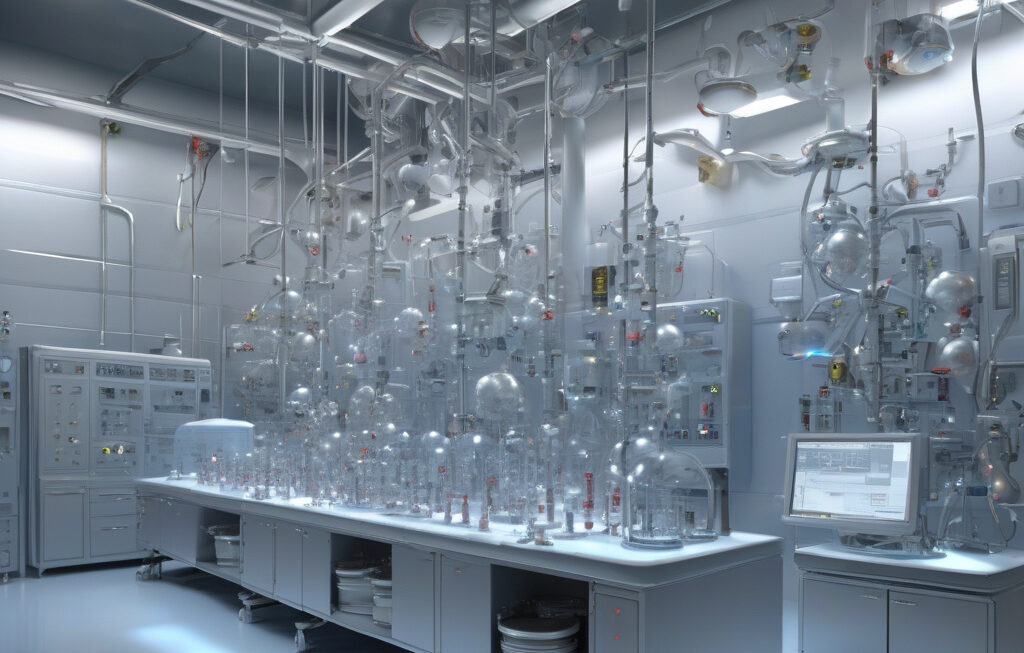China Produces Yttrium-90 in Commercial Nuclear Reactor for Cancer Treatments
China has potentially revolutionized cancer therapy by producing Yttrium-90, a powerful beta-emitting isotope used to treat various types of cancer, in a commercial nuclear reactor. This breakthrough marks a significant milestone in the field of oncology and highlights China’s commitment to advancing medical technology for the betterment of healthcare worldwide.
Yttrium-90 is a radioisotope that has shown great promise in the treatment of liver cancer, as well as other forms of the disease. Its high-energy beta radiation allows for targeted therapy, delivering radiation directly to cancer cells while minimizing damage to surrounding healthy tissue. This targeted approach makes Yttrium-90 a valuable tool in the fight against cancer, offering patients a more effective and less invasive treatment option.
The production of Yttrium-90 in a commercial nuclear reactor represents a major step forward in making this therapy more accessible to patients in need. By manufacturing the isotope on a larger scale, China has the potential to significantly reduce the cost of treatment and increase its availability to a greater number of individuals. This development could have far-reaching implications for cancer patients around the world, offering new hope for those facing a diagnosis of this devastating disease.
In addition to its potential impact on cancer therapy, the production of Yttrium-90 in a commercial nuclear reactor also showcases the versatility of nuclear technology in the field of medicine. Nuclear reactors have long been used to produce radioisotopes for a variety of applications, including medical imaging and cancer treatment. By harnessing the power of nuclear energy in this way, researchers and healthcare providers are able to develop innovative solutions to some of the most pressing challenges in healthcare today.
Furthermore, China’s achievement in producing Yttrium-90 highlights the country’s growing influence in the field of medical innovation. As a global leader in scientific research and development, China is increasingly making significant contributions to advancements in healthcare technology. By investing in projects such as the production of Yttrium-90, China is demonstrating its commitment to driving progress and improving outcomes for patients not only within its borders but also on a global scale.
As the use of Yttrium-90 in cancer therapy continues to expand, it is clear that this breakthrough has the potential to transform the way we approach the treatment of cancer. By providing a more targeted and effective form of therapy, Yttrium-90 offers new hope to patients battling this disease, offering a glimpse into a future where cancer treatments are not only more successful but also less invasive and more accessible to those in need.
In conclusion, China’s production of Yttrium-90 in a commercial nuclear reactor represents a significant advancement in the field of cancer therapy. By harnessing the power of nuclear technology to produce this valuable isotope, China has paved the way for a new era of more effective and accessible cancer treatments. This achievement not only highlights the potential of Yttrium-90 in improving patient outcomes but also underscores the important role that nuclear technology plays in driving innovation in healthcare.
cancer, therapy, Yttrium-90, China, nuclear reactor












